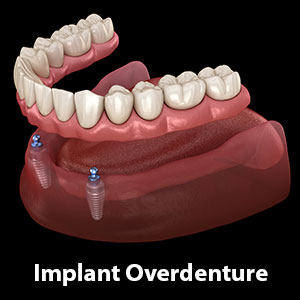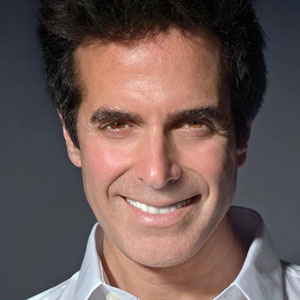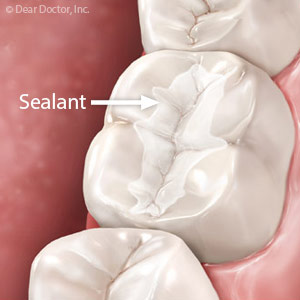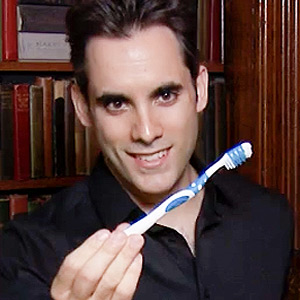

Even in the 21st Century, losing most or all of your teeth is still an unfortunate possibility. Many in this circumstance turn to dentures, as their great-grandparents did, to restore their teeth. But today’s dentures are much different from those of past generations—and dental implants are a big reason why.
The basic denture is made of a gum-colored, acrylic base with artificial teeth attached. The base is precisely made to fit snugly and comfortably on the patient’s individual gum and jaw structure, as the bony ridges of the gums provide the overall support for the denture.
Implants improve on this through two possible approaches. A removable denture can be fitted with a metal frame that firmly connects with implants embedded in the jaw. Alternatively, a denture can be permanently attached to implants with screws. Each way has its pros and cons, but both have two decided advantages over traditional dentures.
First, because implants rather than the gums provide their main support, implant-denture hybrids are often more secure and comfortable than traditional dentures. As a result, patients may enjoy greater confidence while eating or speaking wearing an implant-based denture.
They may also improve bone health rather than diminish it like standard dentures. This is because the forces generated when chewing and eating travel from the teeth to the jawbone and stimulate new bone cell growth to replace older cells. We lose this stimulation when we lose teeth, leading to slower bone cell replacement and eventually less overall bone volume.
Traditional dentures not only don’t restore this stimulation, they can also accelerate bone loss as they rub against the bony ridges of the gums. Implants, on the other hand, can help slow or stop bone loss. The titanium in the imbedded post attracts bone cells, which then grow and adhere to the implant surface. Over time, this can increase the amount of bone attachment and help stymie any further loss.
An implant-supported denture is more expensive than a standard denture, but far less than replacing each individual tooth with an implant. If you want the affordability of dentures with the added benefits of implants, this option may be worth your consideration.
If you would like more information on implant-supported restorations, please contact us or schedule an appointment for a consultation. You can also learn more about this topic by reading the Dear Doctor magazine article “Overdentures & Fixed Dentures.”









